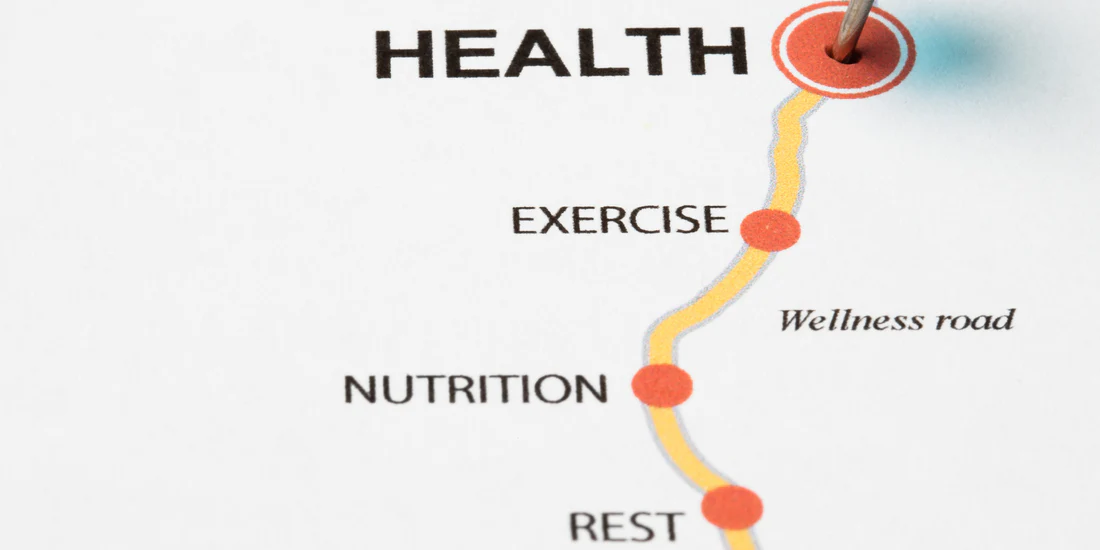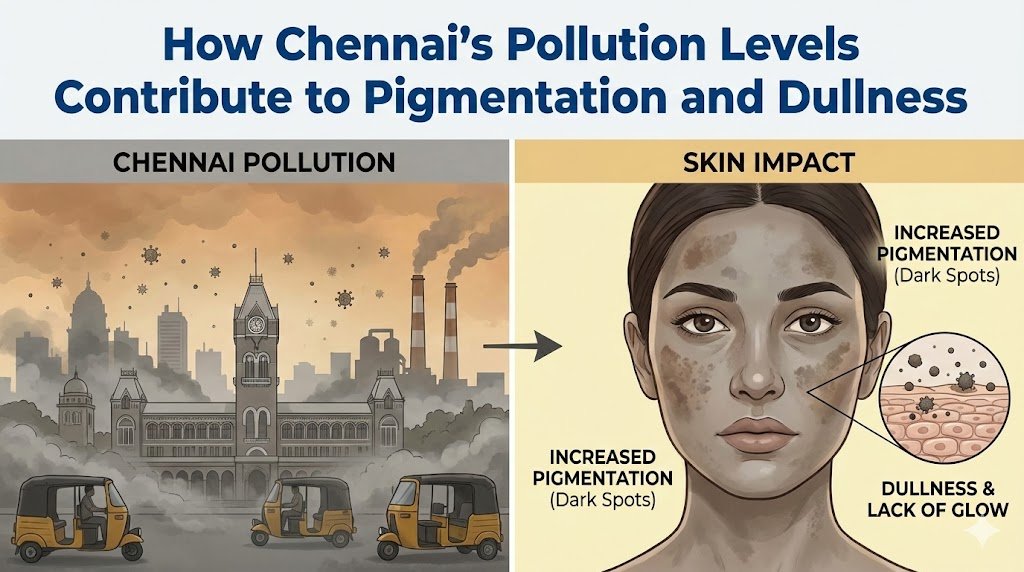Health is one of the most valuable assets we possess, yet it is often taken for granted until it begins to decline. In today’s fast-paced world, maintaining good health requires a conscious effort—balancing nutrition, exercise, mental well-being, and preventive care.
This comprehensive guide will explore the various dimensions of health, including:
- Physical Health – Nutrition, exercise, sleep, and preventive care
- Mental Health – Stress management, emotional well-being, and cognitive health
- Spiritual Health – Mindfulness, purpose, and inner peace
- Social Health – Relationships and community impact on wellness
- Environmental Health – How surroundings influence well-being
By the end of this article, you’ll have a deeper understanding of how to optimize your health holistically.
Physical Health: The Foundation of Wellness
A. Nutrition: Fueling Your Body Right
A balanced diet is crucial for maintaining energy, preventing disease, and promoting longevity. Key components include:
- Macronutrients (Carbohydrates, Proteins, Fats)
- Micronutrients (Vitamins & Minerals)
- Hydration (Water intake)
- Fiber (Digestive health)
Key Dietary Guidelines:
- Eat whole, unprocessed foods (fruits, vegetables, lean proteins, whole grains).
- Limit sugar, refined carbs, and trans fats.
- Stay hydrated (at least 8 glasses of water daily).
- Practice portion control to avoid overeating.
B. Exercise: Movement for Longevity
Regular physical activity is essential for:
- Cardiovascular health (Reduces heart disease risk)
- Muscle & bone strength (Prevents osteoporosis)
- Mental health (Releases endorphins, reduces anxiety)
Types of Exercise:
- Aerobic (Running, swimming, cycling)
- Strength Training (Weightlifting, resistance bands)
- Flexibility & Balance (Yoga, Pilates)
Recommendation: At least 150 minutes of moderate exercise per week (WHO guidelines).
C. Sleep: The Underrated Pillar of Health
Poor sleep is linked to obesity, diabetes, and weakened immunity.
Tips for Better Sleep:
- Maintain a consistent sleep schedule.
- Avoid screens 1 hour before bed.
- Keep your bedroom cool and dark.
- Limit caffeine and heavy meals at night.
D. Preventive Healthcare
- Regular check-ups (Annual physicals, blood tests)
- Vaccinations (Flu shots, HPV, COVID boosters)
- Screenings (Blood pressure, cholesterol, cancer screenings)
Prevention is always better than cure!
2. Mental Health: Cultivating Emotional and Cognitive Well-being
Mental health is just as important as physical health, yet it is often neglected.
A. Stress Management
Chronic stress leads to inflammation, heart disease, and depression.
Effective Stress-Relief Techniques:
- Meditation & Deep Breathing (Mindfulness reduces cortisol)
- Journaling (Helps process emotions)
- Time Management (Reduces overwhelm)
- Hobbies & Creative Outlets (Painting, music, gardening)
B. Emotional Well-being
- Practice gratitude (Daily gratitude journaling)
- Seek therapy if needed (No shame in professional help)
- Build resilience (Learn coping mechanisms)
C. Cognitive Health (Brain Fitness)
- Stay mentally active (Puzzles, reading, learning new skills)
- Social engagement (Conversations stimulate the brain)
- Omega-3 fatty acids (Supports brain function)
3. Spiritual Health: Finding Purpose and Inner Peace
Spiritual health doesn’t necessarily mean religion—it’s about connection and purpose.
A. Mindfulness & Meditation
- Reduces anxiety and improves focus.
- Techniques: Guided meditation, breathwork, body scans.
B. Finding Meaning in Life
- Volunteer work, passion projects, or self-reflection.
C. Nature Therapy
- Spending time outdoors reduces stress and boosts mood.
4. Social Health: The Power of Relationships
Humans are social creatures—strong relationships improve longevity and happiness.
A. Building Strong Connections
- Spend quality time with loved ones.
- Join clubs or community groups.
B. Setting Healthy Boundaries
- Learn to say no to toxic relationships.
C. Digital Detox
- Reduce social media use to improve real-life interactions.
5. Environmental Health: How Your Surroundings Affect You
- Clean air & water (Use filters, avoid pollutants)
- Reduce toxins (Choose natural cleaning products)
- Ergonomic workspaces (Prevent back pain and eye strain)
Conclusion: A Holistic Approach to Health
True wellness isn’t just about abs or a perfect diet—it’s about balance. By nurturing your body, mind, spirit, and social connections, you create a sustainable, healthy lifestyle.
Final Tips for Long-Term Health:
✔ Listen to your body (Rest when needed)
✔ Stay consistent, not perfect (Small habits lead to big changes)
✔ Celebrate progress (Health is a journey, not a destination)
Start today—your future self will thank you!


















